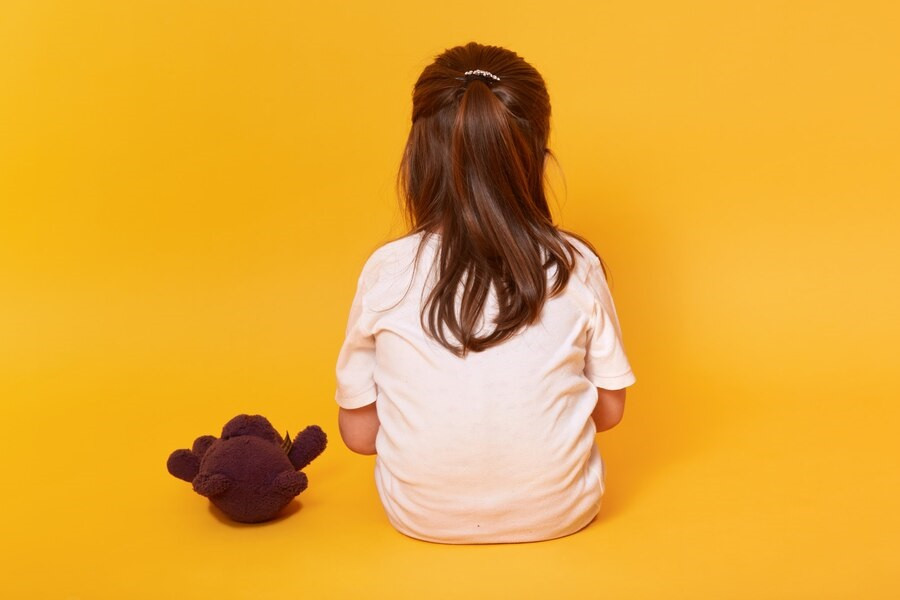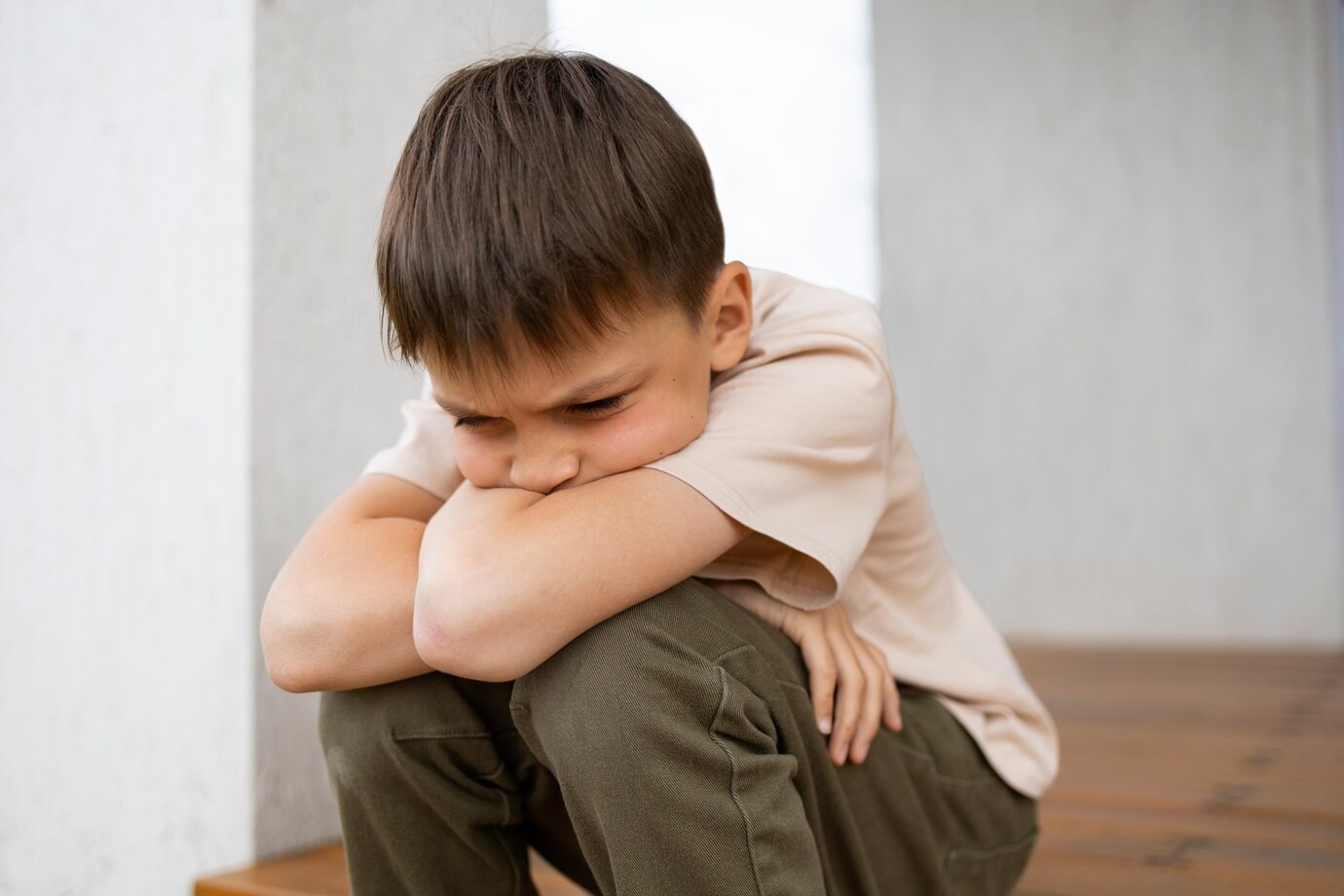Pelecehan seksual pada anak-anak di bawah umur adalah masalah yang serius dan kompleks. Kejahatan ini bisa berdampak sangat berat pada kesejahteraan dan perkembangan anak secara keseluruhan. Anak-anak yang menjadi korban pelecehan seksual kerap mengalami masalah psikologis dan emosional seperti rasa malu, trauma, depresi, kecemasan atau masalah perilaku.
Pelecehan seksual yang dialami anak-anak juga dapat menumbuhkan rasa ketidakpercayaan pada orang dewasa termasuk keluarga, pengasuh atau guru. Apakah ada tanda-tanda yang bisa dikenali untuk membantu menyadari bila anak-anak telah mengalami pelecehan seksual?
Jenis Pelecehan Seksual pada Anak
Kejahatan seksual pada anak adalah ketika orang dewasa atau anak yang lebih dewasa melibatkan anak-anak dalam berbagai aktivitas seksual. Sebelum mengenali tanda-tanda pelecehan seksual pada anak, terlebih dahulu Anda harus tahu jenis pelecehan seksual yang mungkin dialami anak-anak.
Pelecehan seksual pada anak-anak memiliki dua jenis utama, di antaranya:
Pelecehan seksual yang melibatkan kontak seksual
Pelecehan seksual yang melibatkan kontak seksual artinya ada sentuhan fisik atau aktivitas seksual secara langsung yang telah dialami oleh anak-anak, misalnya seperti:
- Menyentuh bagian intim anak atau tubuh anak secara seksual
- Menyemangati atau memaksa anak untuk melakukan masturbasi atau menyentuh dirinya sendiri secara seksual
- Melakukan seks oral pada anak atau meminta anak melakukan seks oral
- Memasukkan penis, jari, atau benda lain ke dalam vagina atau anus anak
Pelecehan seksual tanpa kontak seksual
Pelecehan seksual tidak melulu harus ada kontak fisik. Pelecehan juga bisa terjadi saat tidak ada sentuhan fisik atau kontak seksual secara langsung, misalnya:
- Menunjukkan alat kelamin pada anak atau memaksa anak memperlihatkan kelaminnya
- Mengintip anak saat pergi ke toilet, mandi atau membuka pakaian, atau mendorong anak mengintip anak atau orang lain
- Membuat komentar seksual pada anak atau komentar seksual tentang anak-anak
- Mengajak anak menonton konten pornografiMemaksa anak membuat atau mengirim video diri sendiri atau anak lain yang tidak mengenakan pakaian, mengenakan sebagian pakaian atau hanya mengenakan pakaian dalam
Baca Juga: Kenali Jenis-Jenis Pelecehan Seksual
Tanda Anak Kemungkinan Mengalami Pelecehan Seksual
Mengenali tanda-tanda pelecehan seksual pada anak-anak memang tidak selalu mudah. Berikut adalah beberapa hal yang bisa membantu Anda mengenali kemungkinan tanda-tanda pelecehan pada anak, di antaranya:
- Bermain dengan mainan atau anak lain dengan cara yang tidak pantas atau berkaitan dengan seksual
- Menunjukkan pengetahuan seksual yang lebih jauh dari usia mereka
- Menunjukkan tema seksual yang terus muncul dalam permainan atau aktivitas sehari-hari yang dilakukannya
- Mengisyaratkan aktivitas seksual melalui tindakan atau perkataan
- Melakukan masturbasi lebih dari sepantasnya bia melihat usia, tahapan usia dan perkembangannya
- Mulai mengompol lagi
Baca Juga: Pria Juga Bisa Menjadi Korban Pelecehan Seksual, Ini yang Sebaiknya Dilakukan
Apa yang Harus Dilakukan saat Anak Mengalami Pelecehan Seksual?
Pelecehan seksual yang dialami anak-anak bukanlah salah mereka, orang tua sebaiknya menghadapi permasalahan dengan bijak dan tidak memarahi serta menyalahkan anak. Tetap jaga komunikasi dengan anak agar terus terbuka sehingga anak tidak merasa takut dan merasa aman bersama Anda.
Namun demikian, pelecehan seksual adalah suatu kejahatan yang serius. Apabila Anda menemukan tanda-tanda pelecehan seksual dan anak Anda mengakui pelecehan seksual yang telah dialami, Anda dapat melakukan hal-hal berikut:
- Libatkan intervensi profesional seperti dokter, psikolog dan pihak berwenang untuk melakukan penyelidikan yang cermat dan memastikan pelaku mendapatkan hukuman setimpal
- Melibatkan komunitas untuk mencegah dan mengurangi risiko terjadinya kejahatan ini
- Membawa anak mendapatkan konseling atau terapi untuk membantu mengatasi trauma dan memulihkan kesejahteraan psikis mereka
- Menghubungi bantuan profesional lain di antaranya:
LBH APIK Jakarta
+628138882669
SAPA Service Kemenpppa
129
SEJIWA himpsi.or.id
119
Anda juga bisa memanfaatkan layanan konsultasi kesehatan dengan mengunduh aplikasi Ai Care melalui App Store atau Play Store.
Mau tahu informasi seputar kehamilan, menyusui, kesehatan wanita dan anak-anak? Cek di sini, ya!
- dr Hanifa Rahma
Pregnancy Birth&Baby (2023). Childhood sexuality. Available from: https://www.pregnancybirthbaby.org.au/childhood-sexuality
Raising Children (2023). Child sexual abuse: what it is and what to do. Available from: https://raisingchildren.net.au/school-age/safety/child-sexual-abuse/child-sexual-abuse-what-it-is
CDC (2022). Fast Facts: Preventing Child Sexual Abuse. Available from: https://www.cdc.gov/violenceprevention/childsexualabuse/fastfact.html
NHS UK (2023). Spotting signs of child sexual abuse. Available from: https://www.nhs.uk/live-well/spotting-signs-of-child-sexual-abuse/












